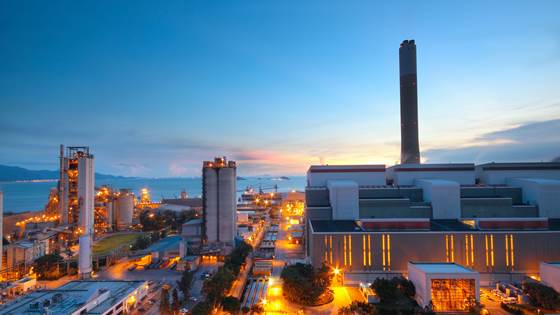
IEA Annex 58 High Temperature Heat Pumps
Process heating accounts for nearly 50% of the final energy consumption in the industry. A large portion of this is currently covered by fossil fuel, which leads to significant GHG emissions.

Process heating accounts for nearly 50% of the final energy consumption in the industry. A large portion of this is currently covered by fossil fuel, which leads to significant GHG emissions.
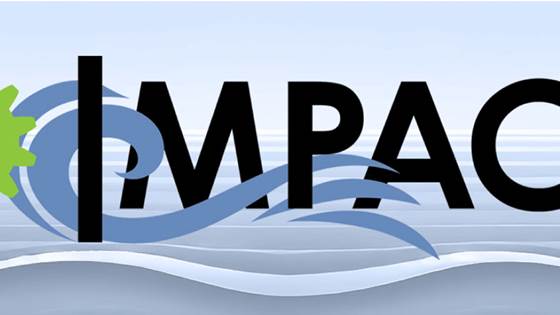
IMPACT (Innovative Methods for Wave Energy Pathways Acceleration through Novel Criteria and Test Rigs) was a European project for the development and demonstration of a next-generation testing approach for Wave Energy Converters (WECs).
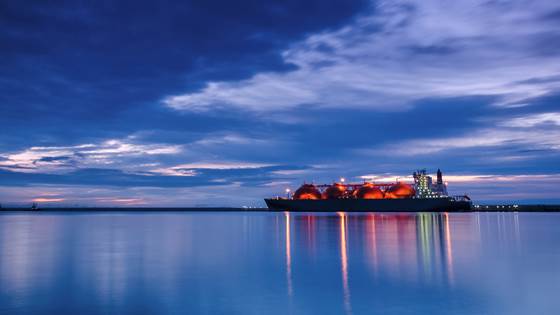
- Ultra-insulated seaborne containment system for global LH2 ship transport
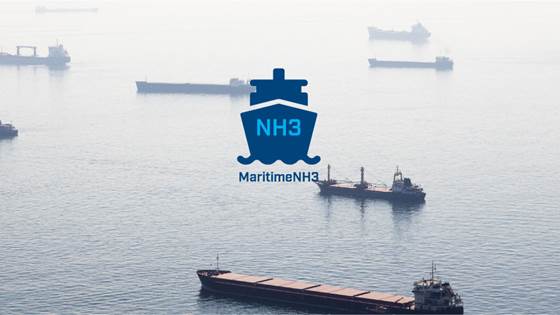
MaritmeNH3 will develop and disseminate new knowledge to facilitate the realisation of a cost-efficient value chain and safe use of ammonia (NH3) as a zero-carbon maritime fuel.
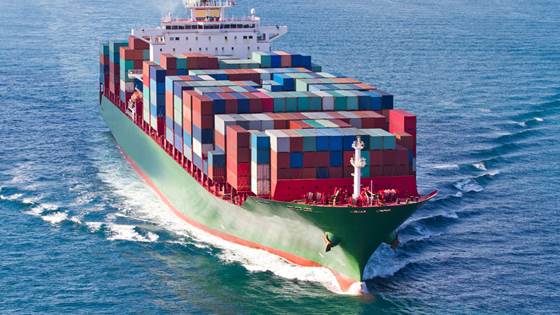
The marine sector is facing a large transition in the coming years, where large ship engines must be replaced with zero emitting technologies.
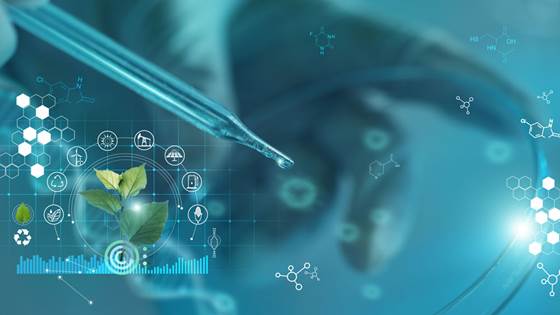
The aim of Nordic Energy Outlooks is to: “Strengthen Nordic research competence and cooperation in the field of energy systems analysis, by building on existing national research programs” [Nordic Energy Research]
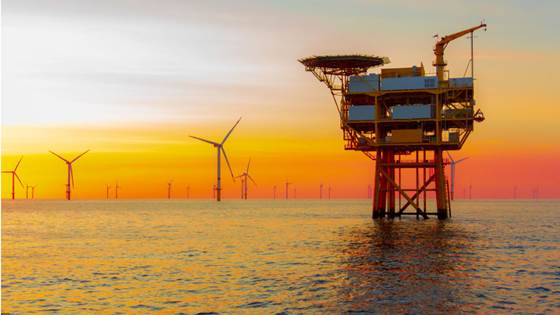
This project considers the energy system of offshore oil and gas installations with the aim to contribute to reduced greenhouse gas emissions by using variable wind power together with flexibility in energy usage and energy storage.

With typical thermal efficiency of 70-80 % at nominal load, modern wood stoves often produce more heat than actually required, especially in well-insulated, low-energy buildings and passive houses. At the end of the combustion, the heat release...
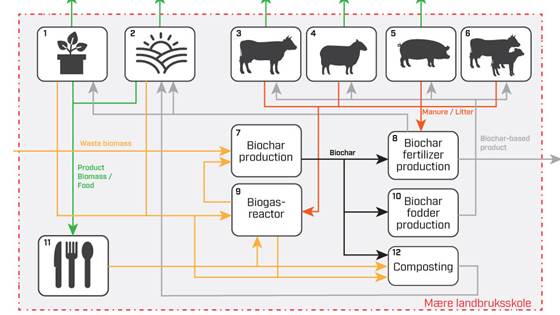
How can we handle organic waste at the Zero-Emission Farm at Mære in the most sustainable way?